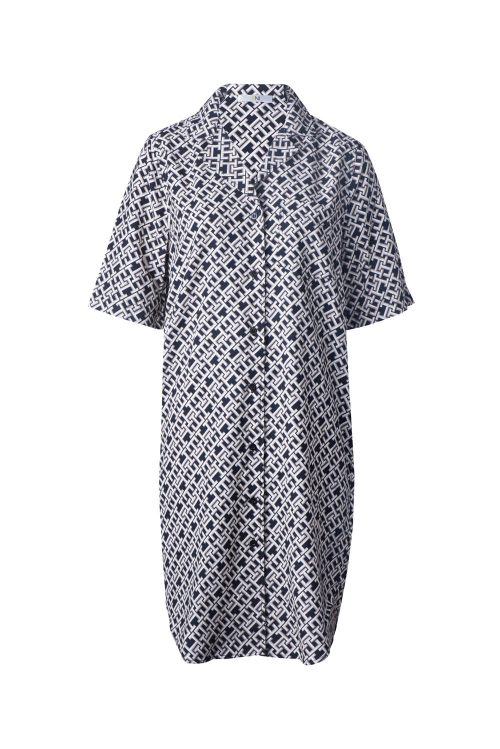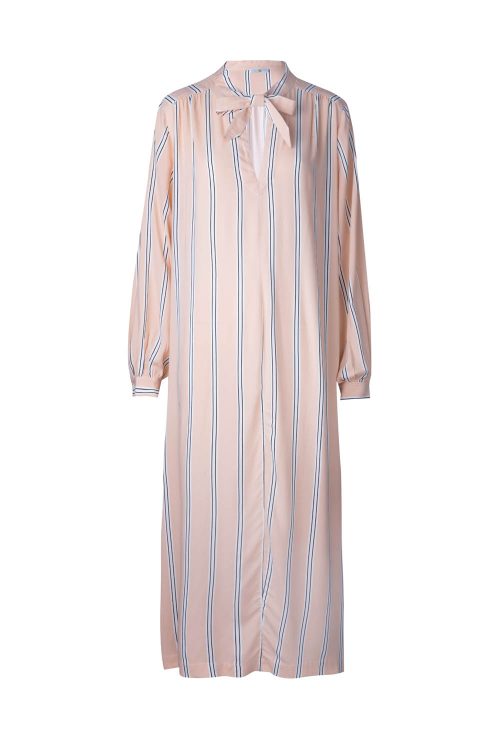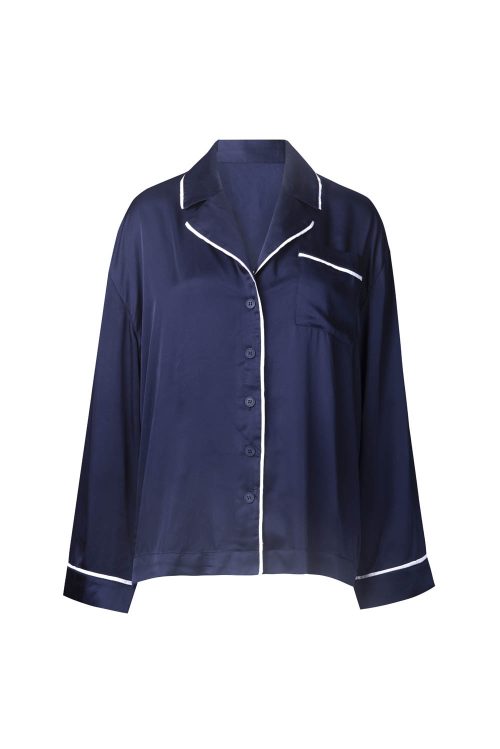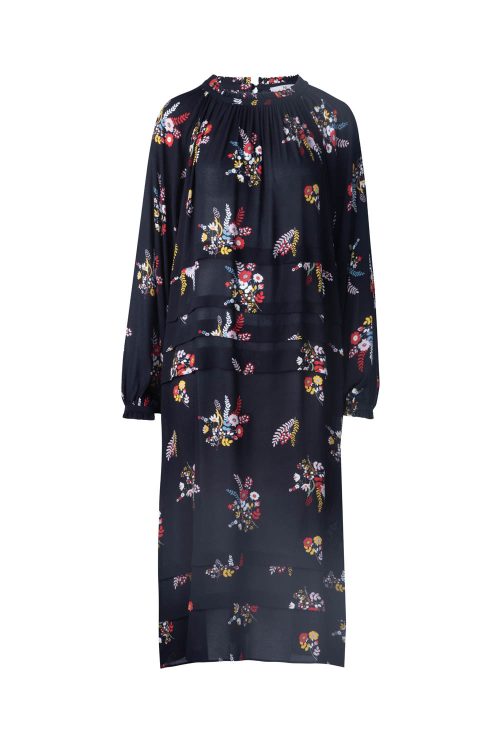
Introduction to OEM Clothing Suppliers
The term ‘Original Equipment Manufacturer’ (OEM) might sound a bit technical, but in the fashion industry, it signifies a cornerstone of clothing production. OEM clothing suppliers are the unsung heroes behind many of your favorite fashion labels, providing the expertise, resources, and capabilities to bring designers’ visions to life. This article delves into the realm of OEM clothing suppliers, shedding light on their crucial role and how they operate to sustain the ever-evolving demands of the apparel market.
Advantages of Partnering with OEM Suppliers
Cost-Effectiveness and Economies of Scale
One of the most compelling reasons to partner with an OEM clothing supplier is the cost advantage. Thanks to their large-scale production capabilities, OEM suppliers can offer competitive pricing by spreading the cost of production across large orders, benefiting small and large businesses alike.
Quality Assurance in Manufacturing
OEM suppliers have a vested interest in maintaining high-quality standards. They employ strict quality control measures at every stage of production, from sourcing raw materials to the final stitching. This ensures that the end products meet both the brand’s and the consumers’ expectations for quality.
Speed and Efficiency in Production
In today’s fast-paced fashion industry, speed to market is crucial. OEM suppliers are equipped with the latest technologies and efficient production processes, enabling them to reduce lead times and meet tight deadlines without compromising on quality.
Access to a Broad Range of Fabrics and Materials
OEM suppliers maintain extensive networks of material suppliers, offering brands access to a wide variety of fabrics and materials. This not only enhances the creative possibilities but also enables brands to explore more sustainable and innovative material options.
Criteria for Selecting the Right OEM Supplier
Assessing the Supplier’s Manufacturing Capabilities
When choosing an OEM supplier, it’s essential to evaluate their manufacturing capabilities to ensure they can meet your specific needs. This includes assessing their production capacity, technology, and expertise in working with different materials and designs.
Quality Control Measures and Certifications
A reliable OEM supplier should have robust quality control measures in place and hold relevant certifications that attest to their commitment to quality and ethical practices. These certifications can provide reassurance regarding the supplier’s adherence to international standards in manufacturing and labor.
Supply Chain Transparency and Sustainability Practices
With growing consumer demand for ethical and sustainable fashion, it’s important to partner with OEM suppliers who prioritize transparency and sustainability in their supply chain. This includes responsible sourcing of materials, minimizing environmental impact, and ensuring fair labor practices.
Navigating the Challenges of OEM Apparel Production
Communication Barriers and Cultural Differences
Effective communication is key to any successful partnership, but language barriers and cultural differences can pose challenges. It’s important to establish clear communication channels and mutual understanding from the outset to mitigate these challenges.
Managing Lead Times and Production Schedules
Timely delivery is crucial, especially in the fashion industry where trends are fleeting. Partnering with an OEM supplier requires careful planning and coordination to manage lead times and ensure timely production schedules.
Ensuring Compliance with International Labor Standards
Ethical considerations are paramount in apparel manufacturing. Brands must ensure their OEM partners comply with international labor standards to avoid any association with unethical labor practices.
Innovations in OEM Clothing Manufacturing
Technological Advances in Apparel Production
The apparel manufacturing sector is witnessing rapid technological advancements, from automated sewing machines to AI-driven design tools. OEM suppliers at the forefront of these innovations can offer enhanced efficiency, precision, and creativity in clothing production.
Sustainability and Eco-Friendly Practices in OEM Manufacturing
Sustainability is no longer a niche concern but a mainstream demand in the fashion industry. OEM suppliers are increasingly adopting eco-friendly practices, such as using recycled materials and reducing waste, to meet this demand and contribute to a more sustainable future.
Building a Successful Partnership with OEM Suppliers
Best Practices for Collaboration
A successful partnership with an OEM supplier is built on trust, transparency, and mutual respect. Regular communication, clear contracts, and shared goals are essential components of a fruitful collaboration.
Long-Term Relationship Building and Strategic Partnerships
Building long-term relationships with OEM suppliers can lead to more strategic partnerships, offering benefits such as better pricing, priority production slots, and access to exclusive materials and innovations.
Conclusion: The Future of OEM Clothing Manufacturing
The future of OEM clothing manufacturing is bright, with ongoing innovations in technology and sustainability practices shaping the industry. As brands and manufacturers continue to navigate the challenges and opportunities ahead, the importance of strategic partnerships with OEM suppliers has never been more evident. These collaborations are not just about producing clothing but about building a more ethical, sustainable, and innovative future for the fashion industry.




